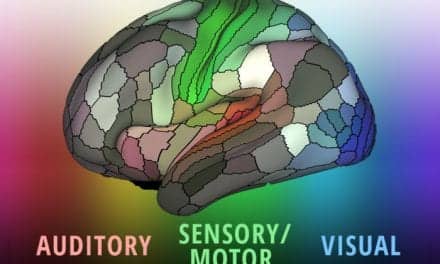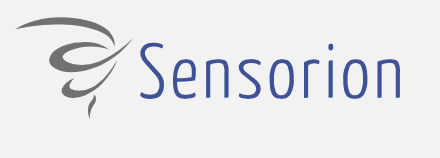Summary:
Updated pivotal trial results show that Regeneron’s investigational gene therapy DB-OTO led to rapid, clinically meaningful, and sustained hearing improvements in nearly all children with OTOF-related profound genetic hearing loss, with some achieving normal hearing and improved speech development.
Key Takeaways:
- 11 of 12 participants showed significant hearing gains, including 3 who reached normal hearing sensitivity and all evaluated participants demonstrated speech improvement over time.
- Improvements were rapid, stable, and continued to progress in those followed for at least 36 weeks, with no DB-OTO-related adverse events reported.
- A U.S. regulatory application is planned for later this year, with DB-OTO already holding multiple FDA designations, including Orphan Drug and Fast Track.
Regeneron Pharmaceuticals Inc. has announced updated data for their investigational gene therapy DB-OTO for profound genetic hearing loss due to variants of the otoferlin (OTOF) gene were published in The New England Journal of Medicine and presented during an oral presentation at the annual American Academy of Otolaryngology-Head and Neck Surgery (AAO-HNSF) meeting. These latest results from the pivotal CHORD trial show 11 out of 12 participants have experienced clinically meaningful hearing improvements, including 3 who achieved normal hearing levels. Additionally, eight participants with longer follow-up showed stability or continued improvement in their hearing, and among three who completed speech assessments, all showed significant improvement.
“Until now, genetic OTOF-related hearing loss was considered permanent, which is why many of us have dedicated our careers to this field,” says Lawrence R. Lustig, MD, chair of the Department of Otolaryngology-Head and Neck Surgery at the Columbia University College of Physicians and Surgeons and a trial investigator. “This registrational data set showcases consistent, rapid and robust responses to DB-OTO, and for those followed to later timepoints, we’ve seen hearing stability as well as continued improvement in understanding of speech. These results are even more poignant when viewed by the families – as one of the parents said, their situation is now ‘unimaginable’ from one year ago. This truly represents a new era in the treatment of hearing loss.”
The CHORD trial evaluated pediatric participants with profound hearing loss due to variants of the OTOF gene that received a single administration of DB-OTO via intracochlear infusion. Among 12 participants (aged 10 months to 16 years), nine received the gene therapy unilaterally (in one ear) and three received it bilaterally (in both ears). The surgical procedure to administer DB-OTO leverages an approach similar to cochlear implantation, which enables use in young infants.
Nearly all participants (11 of 12; 14 of 15 treated ears) demonstrated improved hearing, responding within weeks of treatment. As published and presented, the trial met the primary endpoint with 9 participants experiencing hearing improvements at a threshold of ≤70 decibel hearing level (dBHL) as assessed by behavioral pure tone audiometry (PTA) at week 24. This threshold corresponds to a clinical standard that typically does not require cochlear implantation and enables natural acoustic hearing. Notably, 6 could hear soft speech without assistive devices, and 3 were further able to detect whispers (achieving normal hearing sensitivity). One participant who did not meet the primary PTA endpoint at week 24 further improved to achieve “nearly normal” hearing sensitivity at week 48. Nine participants also demonstrated an auditory brainstem response (ABR) at ≤90 decibels (dB), achieving the trial’s key secondary endpoint.
Hearing improvements remained stable or continued to improve in 8 participants who had follow-up visits of ≥36 weeks (up to 72 weeks). Speech development was also assessed in the 3 participants who were followed at least 48 weeks and all showed significant improvements. One of these participants demonstrated the ability to identify one- and two-syllable words with no visual cues and could respond to distant sounds and speech in noisy environments.
Across all 12 participants, both the surgical procedure and DB-OTO were well tolerated, and there were no DB-OTO-related adverse findings reported. Two participants experienced serious adverse events: one was attributed to a cochlear implant surgical complication and the other to a recent vaccination. Some participants experienced transient post-surgical vestibular adverse events (e.g., nystagmus, nausea, dizziness, vomiting), all of which fully resolved.
The U.S. regulatory application for DB-OTO is planned for later this year, pending discussions with the U.S. Food and Drug Administration (FDA). DB-OTO received Orphan Drug, Rare Pediatric Disease, Fast Track and Regenerative Medicine Advanced Therapy designations from the FDA. The European Medicines Agency also granted Orphan Drug Designation.
The potential use of DB-OTO for OTOF-related hearing loss is currently under clinical investigation, and its safety and efficacy have not been evaluated by any regulatory authority.





